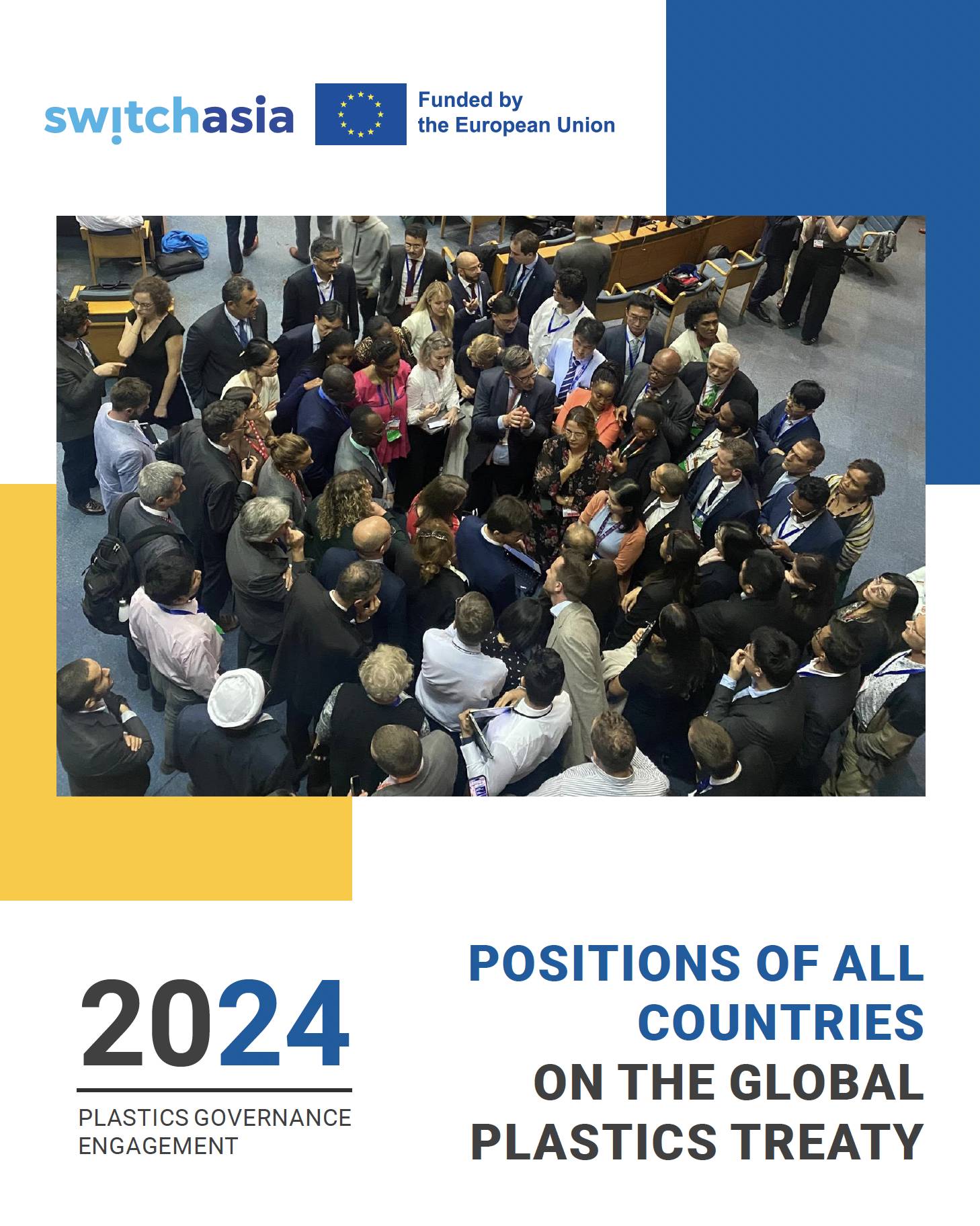
Plastic pollution is a global challenge with adverse effects on the environment and human health. In late 2022, negotiations on a global treaty began aiming at addressing this challenge. The start of negotiations followed Resolution 5/14 of the United Nations Environment Assembly, which mandated member states to negotiate an international legally binding instrument to combat plastic pollution, including in the marine environment. To this end, an Intergovernmental Negotiating Committee (INC) was set up. It has been convened three times so far (as of April 2024). After two rounds of negotiations, the chair developed a draft text for the treaty. Besides many other elements, this draft proposed different options for the objectives of the treaty, its core obligations and financing. These proposals were subject to negotiations at INC-3 in Nairobi, Kenya, which took place in early November 2023. During these negotiations many states expressed their agreement or disagreement with the different options for the objectives, the core obligations, and financing of the treaty.
In this report, the positions of all countries worldwide are analysed. Data for the analysis were collected on-site during INC-3. The expert took into account the positions from live statements of delegations during negotiation sessions as well as official submissions from states on the different parts of the treaty draft text. The positions were noted and entered into a database and coded along different categories, including the ambition level of the options. The analysis covers only those core obligations in the treaty draft text for which different options with clearly distinct levels of ambition could be identified.


